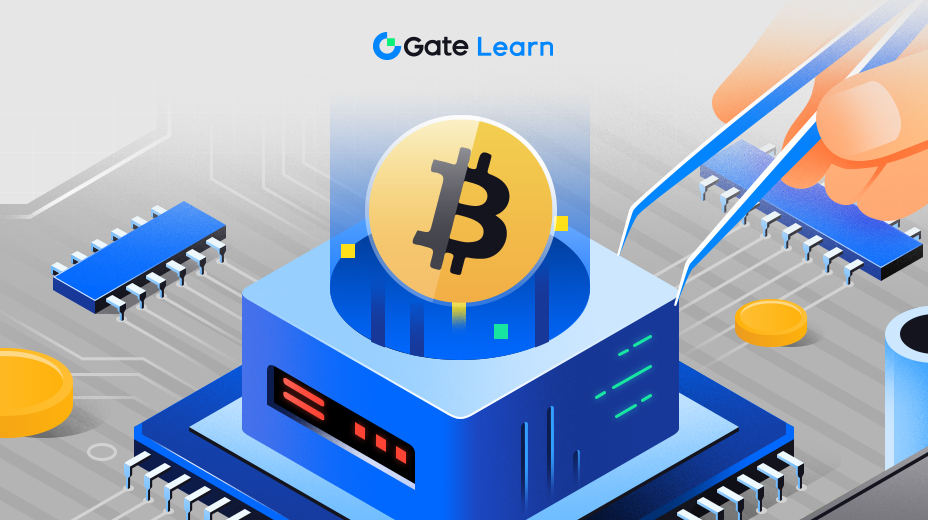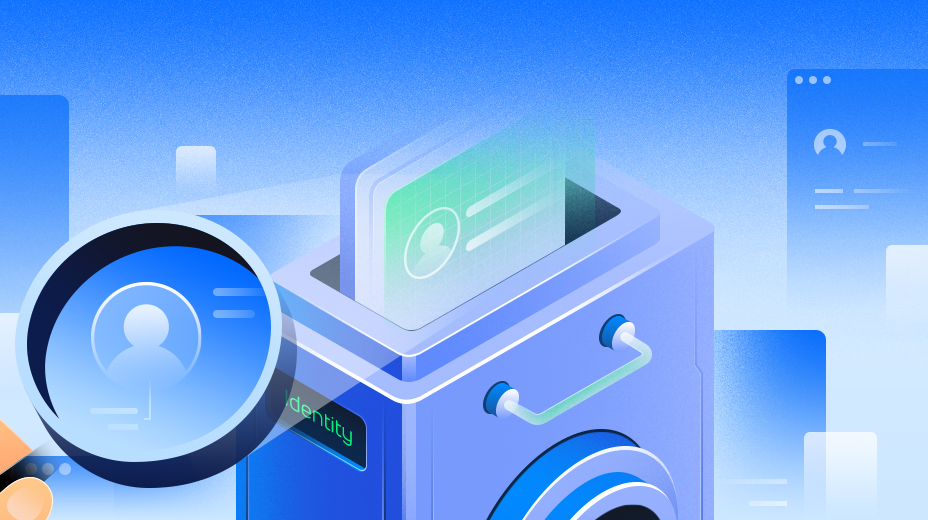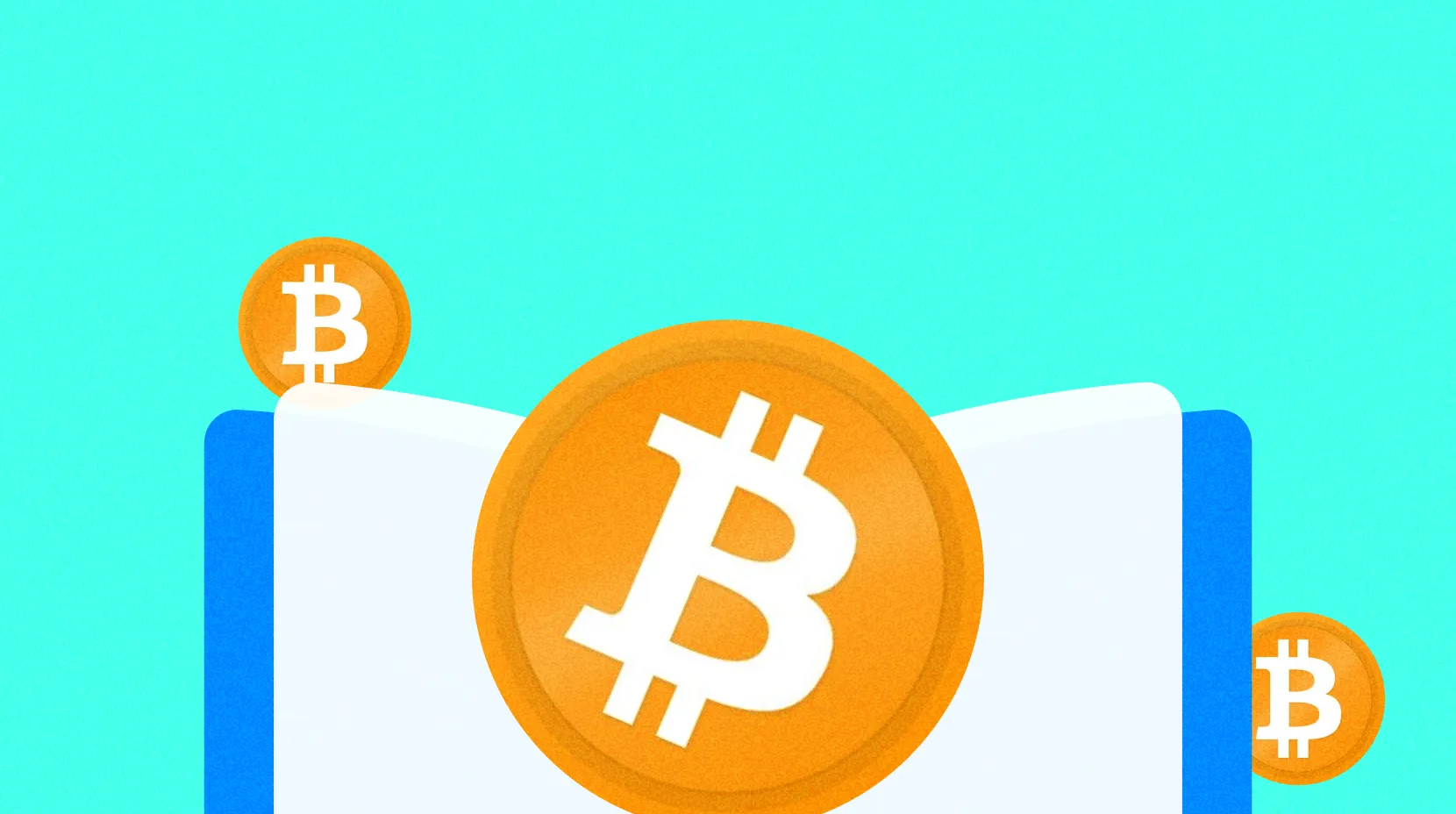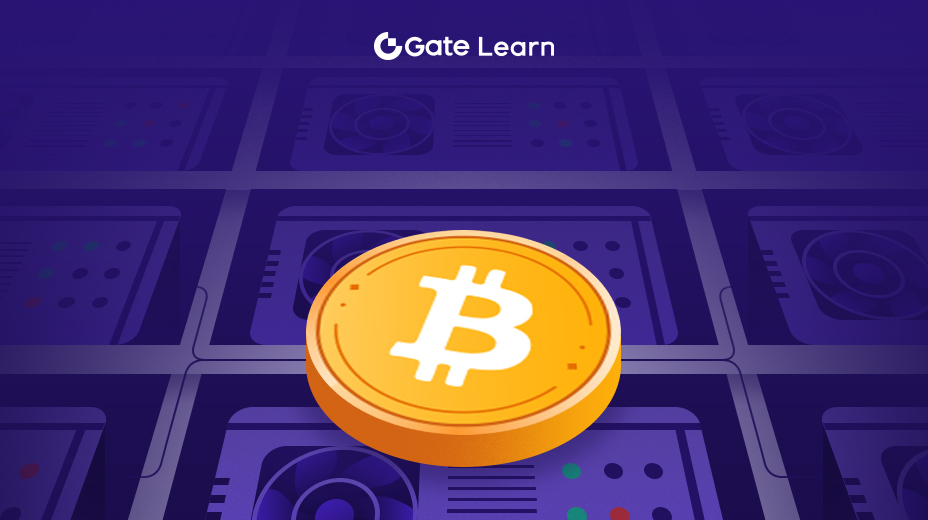Виклики та ризики DAO
DAO стикаються з різними юридичними та регулятивними проблемами, такими як невизначеність щодо їх правового статусу, дотримання норм щодо боротьби з відмиванням грошей і правил «знай свого клієнта», а також податкові наслідки. Ці організації вразливі до різних ризиків безпеки, включаючи помилки смарт-контрактів, хакерські атаки та внутрішні загрози. Такі ризики можуть призвести до фінансових втрат і репутаційної шкоди. Вони стикаються з різними проблемами управління, такими як забезпечення чесних і прозорих процесів прийняття рішень, запобігання централізації влади та уникнення конфлікту інтересів між членами. DAO піднімають етичні та моральні міркування, такі як забезпечення захисту інтересів меншин, сприяння соціальній та екологічній відповідальності та уникнення використання DAO для незаконної діяльності.
Юридичні та регуляторні проблеми
Оскільки DAO продовжують набирати популярність, виникають правові та нормативні проблеми. Оскільки DAO є децентралізованими та автономними, вони не мають юридичного статусу, що ускладнює їм роботу в рамках існуючих правових рамок. Відсутність ясності щодо правового статусу DAO також ускладнює для урядів їх регулювання. У багатьох юрисдикціях закони про цінні папери, протидію відмиванню грошей (AML) і правила «знай свого клієнта» (KYC) не були оновлені, щоб включити DAO, що може ускладнити дотримання.
Ще одним юридичним викликом для DAO є відповідальність. Оскільки DAO децентралізовані, може бути важко визначити, хто несе відповідальність за будь-які збитки, завдані DAO. Наприклад, якщо DAO приймає рішення, яке призводить до фінансових втрат, може бути важко притягнути до відповідальності будь-якого конкретного члена або зацікавлену сторону.
DAO можуть зіткнутися з юридичними проблемами, пов’язаними з правами інтелектуальної власності. Оскільки DAO є відкритим вихідним кодом, може бути складно визначити, хто є власником коду та будь-якої пов’язаної з ним інтелектуальної власності. Це може ускладнити захист активів DAO та переконатися, що ніхто інший не використовує код або активи DAO без дозволу.
Оскільки DAO є децентралізованими та автономними, може бути важко визначити, як їх оподатковувати. Відсутність ясності щодо податкового законодавства для DAO може призвести до проблем із дотриманням законодавства та потенційних юридичних зобов’язань для учасників і зацікавлених сторін.
DAO також стикаються з технічними ризиками. Оскільки DAO працюють на основі технології блокчейн, вони вразливі до порушень безпеки, таких як хакерство та вразливість смарт-контрактів. Якщо DAO зламано, кошти та активи можуть бути викрадені, що може призвести до значних фінансових втрат для учасників та зацікавлених сторін. Крім того, оскільки DAO децентралізовані, може бути складно повернути будь-які вкрадені активи чи кошти.
DAO стикаються з соціальними ризиками, пов’язаними з управлінням і прийняттям рішень. Оскільки DAO є демократичними та автономними, процеси прийняття рішень можуть бути повільними та громіздкими, що може призвести до конфліктів і розбіжностей між членами та зацікавленими сторонами. Оскільки DAO відкриті для будь-кого, зловмисники можуть спробувати маніпулювати процесом прийняття рішень або порушити роботу DAO. Це може призвести до шкоди репутації та втрати довіри серед членів і зацікавлених сторін.
Ризики безпеки та вразливості
Децентралізовані автономні організації (DAO) не захищені від ризиків безпеки та вразливостей. Оскільки вони працюють на основі технології блокчейн, вони вразливі до атак і хакерів, що може призвести до втрати коштів і активів. Ось деякі поширені ризики безпеки та вразливості, пов’язані з DAO:
Уразливості смарт-контрактів: DAO побудовані на смарт-контрактах, які є самовиконуваними кодами. Однак якщо ці коди містять уразливості або помилки, це може призвести до неочікуваної поведінки та проблем із безпекою. Хакери можуть використовувати ці вразливості для доступу та маніпулювання коштами та активами DAO.
Ризики централізації: незважаючи на те, що DAO їх називають децентралізованими, вони часто мають централізований компонент, який контролює певні аспекти організації, такі як код смарт-контракту або інтерфейс користувача платформи. Якщо ці централізовані компоненти скомпрометовані, під загрозою може опинитися весь DAO.
Уразливості управління: DAO покладаються на механізми управління, щоб приймати рішення та керувати організацією. Однак, якщо процес управління є вразливим, ним можуть маніпулювати зловмисники для прийняття рішень, які завдадуть шкоди організації.
Зовнішні залежності: DAO часто покладаються на зовнішні служби та платформи, такі як оракули, для введення даних. Ці зовнішні служби можуть створювати вразливі місця, якщо вони небезпечні або зламані зловмисниками.
Атаки соціальної інженерії: атаки соціальної інженерії, такі як фішинг або видавання себе за іншу особу, можуть використовуватися, щоб обманом змусити учасників DAO розкрити конфіденційну інформацію або виконати транзакції, які не авторизовані.
Регуляторні ризики: оскільки DAO працюють у здебільшого нерегульованому просторі, вони ризикують бути закритими або зіткнутися з правовими наслідками, якщо виявиться, що вони порушують існуючі правила.
Щоб пом’якшити ці ризики та вразливості, DAO можуть впроваджувати різні заходи безпеки, такі як аудит своїх смарт-контрактів, використання багатофакторної автентифікації та використання безпечних механізмів керування. DAO також повинні бути в курсі найновіших найкращих практик безпеки та співпрацювати з регуляторами, щоб переконатися, що вони відповідають відповідним нормам.
Проблеми управління
Однією з головних проблем DAO є управління. Хоча DAO розроблені як децентралізовані та автономні, вони все одно потребують певної форми управління для прийняття рішень і забезпечення безперебійної роботи організації. Це може бути складним завданням, оскільки вимагає балансу між тим, щоб дозволити членам мати право голосу в процесі прийняття рішень, а також зберегти ефективність і уникнути тупиків.
Забезпечення справедливості та прозорості є однією з найпоширеніших проблем управління. Оскільки DAO відкриті та децентралізовані, кожен може приєднатися та брати участь у процесі прийняття рішень. Однак це також може призвести до проблем нерівного впливу, оскільки деякі члени можуть мати більше прав голосу або бути здатними впливати на думку інших.
Оскільки DAO децентралізовані, може не існувати центрального органу чи правової системи для забезпечення виконання рішень. Це може створити проблеми в ситуаціях, коли учасники не дотримуються рішень DAO.
Крім того, проблеми з управлінням можуть виникнути через відсутність чітких правил і норм щодо DAO. Юридичний статус DAO все ще невизначений у багатьох юрисдикціях, що може створити неясність щодо таких питань, як відповідальність, оподаткування та дотримання нормативних вимог. Це може створити невизначеність і ризик як для DAO, так і для її членів.
Оскільки члени DAO можуть мати різний рівень участі та фінансових інтересів в організації, конфлікт інтересів може виникнути під час прийняття рішень, які впливають на DAO та її членів. Управління цими конфліктами інтересів має важливе значення для забезпечення цілісності та ефективності процесу прийняття рішень DAO.
Нарешті, забезпечення довгострокової стійкості та зростання DAO може бути проблемою управління. Оскільки DAO росте та розвивається, їй може знадобитися адаптувати свою структуру управління та процеси прийняття рішень, щоб забезпечити подальший успіх. Це вимагає ретельного планування та управління, щоб переконатися, що DAO продовжує реагувати на потреби та інтереси своїх членів, а також зберігає свою автономію та децентралізацію.
Етичні та моральні міркування
DAO, будучи децентралізованими організаціями, можуть мати етичні та моральні міркування, які необхідно розглянути. Одним із ключових міркувань є можливість використання DAO для незаконних або зловмисних цілей. Наприклад, DAO можуть використовуватися для відмивання грошей або фінансування терористичної діяльності, що викликає занепокоєння регуляторів і правоохоронних органів.
DAO можуть мати правила чи політику, які дискримінують певних осіб або групи на основі таких характеристик, як раса, стать або соціально-економічний статус. Це може призвести до створення ексклюзивних спільнот, доступних лише для певних привілейованих груп.
DAO також можуть зіткнутися з етичними дилемами, коли мова йде про процеси прийняття рішень. Наприклад, DAO може знадобитися вирішити, чи фінансувати проект, який має потенційний негативний вплив на навколишнє середовище або суспільство. У таких випадках члени DAO можуть мати різні думки щодо того, що є етичним, а що ні, і DAO може важко дійти консенсусу.
Враховуючи, що DAO покладаються на право власності на токени для визначення повноважень щодо прийняття рішень, ті, хто володіє більшою кількістю токенів, мають більше влади та впливу. Це може призвести до нерівного розподілу повноважень щодо прийняття рішень, що може ще більше маргіналізувати вже маргіналізовані групи.
DAO також викликають занепокоєння щодо прозорості та підзвітності. DAO регулюються розумними контрактами, і може бути важко притягнути осіб до відповідальності за дії, вчинені від імені DAO. Крім того, DAO може бути непрозорим у процесах прийняття рішень, що ускладнює для зацікавлених сторін розуміння того, як приймаються рішення та хто їх приймає.
Для вирішення цих етичних і моральних міркувань DAO може знадобитися прийняти чіткі етичні принципи та кодекси поведінки. DAO також може знадобитися переконатися, що процеси прийняття рішень є інклюзивними та прозорими, а також наявність механізмів для вирішення будь-яких проблем, які можуть виникнути. DAO може знадобитися тісно співпрацювати з регуляторними та правоохоронними органами, щоб переконатися, що вони не використовуються в незаконних або зловмисних цілях.
Основні моменти
DAO стикаються з різними юридичними та регулятивними проблемами, такими як невизначеність щодо їх правового статусу, дотримання норм щодо боротьби з відмиванням грошей і правил «знай свого клієнта», а також податкові наслідки.
Ці організації вразливі до різних ризиків безпеки, включаючи помилки смарт-контрактів, хакерські атаки та внутрішні загрози. Такі ризики можуть призвести до фінансових втрат і репутаційної шкоди.
Вони стикаються з різними проблемами управління, такими як забезпечення чесних і прозорих процесів прийняття рішень, запобігання централізації влади та уникнення конфлікту інтересів між членами.
DAO піднімають етичні та моральні міркування, такі як забезпечення захисту інтересів меншин, сприяння соціальній та екологічній відповідальності та уникнення використання DAO для незаконної діяльності.





